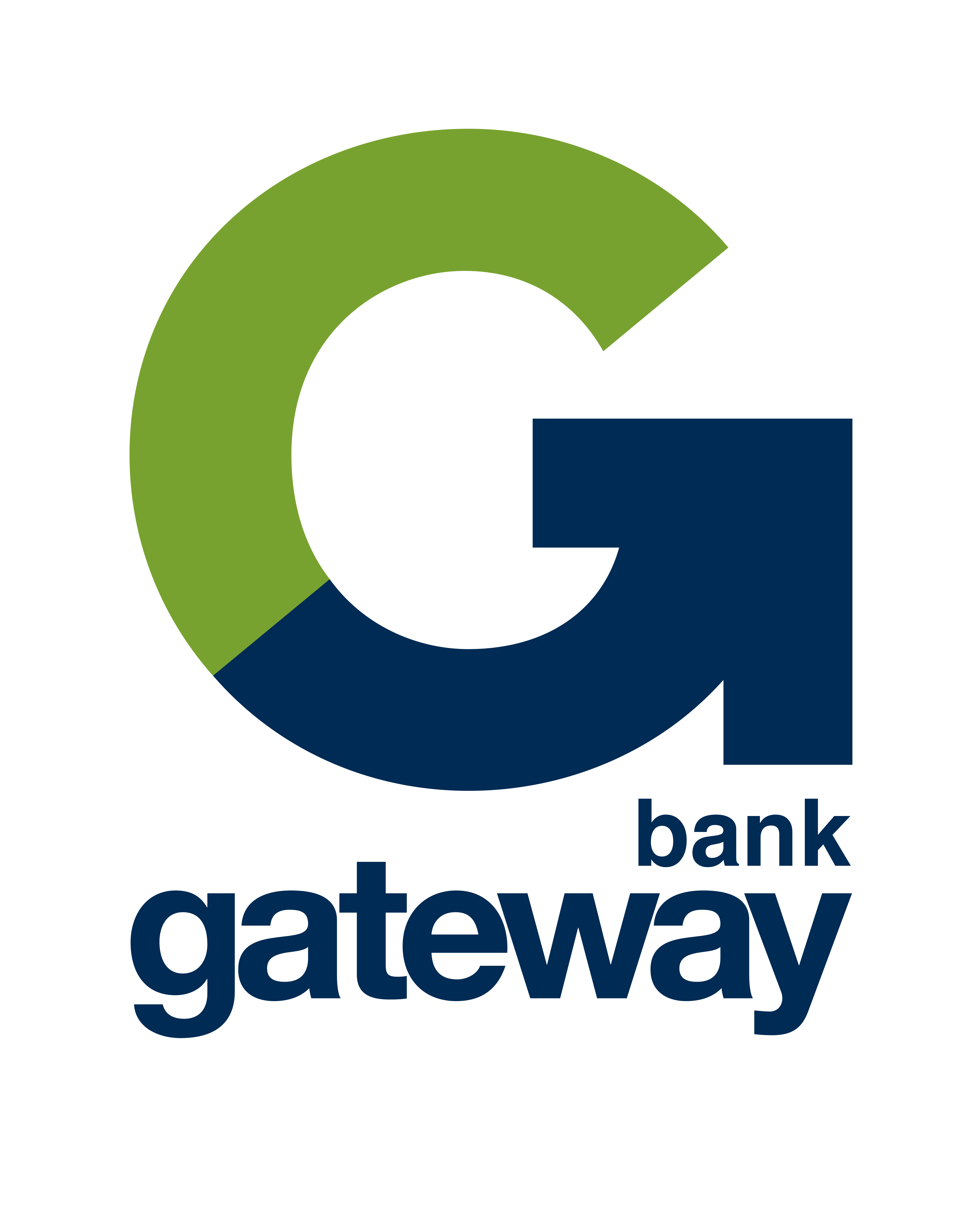We know budgets are a plan for our money and they can be a useful tool to help you save your money and to achieve your financial goals. Following a budget can feel restricting but it does not have to be. Read our article to learn more about how you can get started.
Think about the big picture
It can be helpful to think about why you are budgeting. Are you looking to save for a home deposit, a car or just increase your level of savings? Whatever it may be, once you have determined what you would like to save for, think of the numerical value and the possible time frame you would like to achieve it in. Knowing why you are budgeting and how long it could take can help motivate you to stick to your budget.
Review your current expenses and savings
A good place to start when budgeting is reviewing your current expenses and savings. It can be helpful to look at it over a certain period such as a week or your pay cycle (week, fortnight, month, or the frequency you receive income). Some ways you can do this are:
- Recording your expenses at the end of the day
- Using a budgeting app
- Use the notes feature in your phone
Categorise your expenses
Once the time frame has ended, look at your list of expenses and categorise them into fixed, variable, other and savings:
Fixed costs
These costs are predetermined and can include items such as your mobile phone and internet bills, streaming services, or rent. Think about what you are paying for that always stays the same price.
Variable costs
These costs vary. For example, whilst you may have a designated amount to spend on groceries, these prices can fluctuate when there is drought or heavy rain. Petrol prices can vary due to world economic and political events and utilities can go up and down with usage. When planning your budget, you may need to put in a buffer in case these items increase in price.
Savings
The amount you save over the chosen time period.
Other costs
Leisure and entertainment, travel and birthday presents. These costs are categorised as discretionary – items you buy at your discretion with the money left over after you’ve paid for your essential costs.
Review your budget
Now you’ve recorded your expenses and savings over a set time period, you should have a realistic view on how your recurring expenses impact your budget. Where can you adjust your expenditure? Behaviours like eating out less, preparing your own food, using your car less and consolidating your streaming services can sound like the cliché way to save but they actually work! This is where it’s good to go back to the big picture, what is your savings goal? If you are saving for a home deposit, you can be more motivated to cut out these costs as you know they can make a big difference over a couple of years.
Tips for staying on track
To make sure you are sticking to your budget you can:
- Download a savings app to track your expenses or spreadsheet
- Consider allocating a percentage or amount of your income immediately to savings. For example, if you would like to save $10,000 in a year, you can achieve this by putting aside $385 each fortnight (26 x $385 = $10,010)
- Consider a separate savings account where you transfer your designated savings amount each time you are paid. It can be easier to save if the money is in a separate account.
Reviewing your budget
Your circumstances can change which can lead to a change in income and expenses. You might even have a new savings goal that you need to plan for. If this is the case, go back to where you started by reviewing your current expenses and savings to see where you can adjust it.
Our handy Budget Planner Calculator can help you do this. After you enter your income and expenses you will get a full view of your expenses and the money left over.
Don’t be too hard on yourself!
Adjusting your habits and following a budget can seem daunting but don’t be too hard on yourself. Some weeks can be more expensive than others but budgeting and saving gives you the freedom to pay for unexpected costs and to plan for the future. Once you reach your goals you’ll feel proud and can give yourself a pat on the back!





